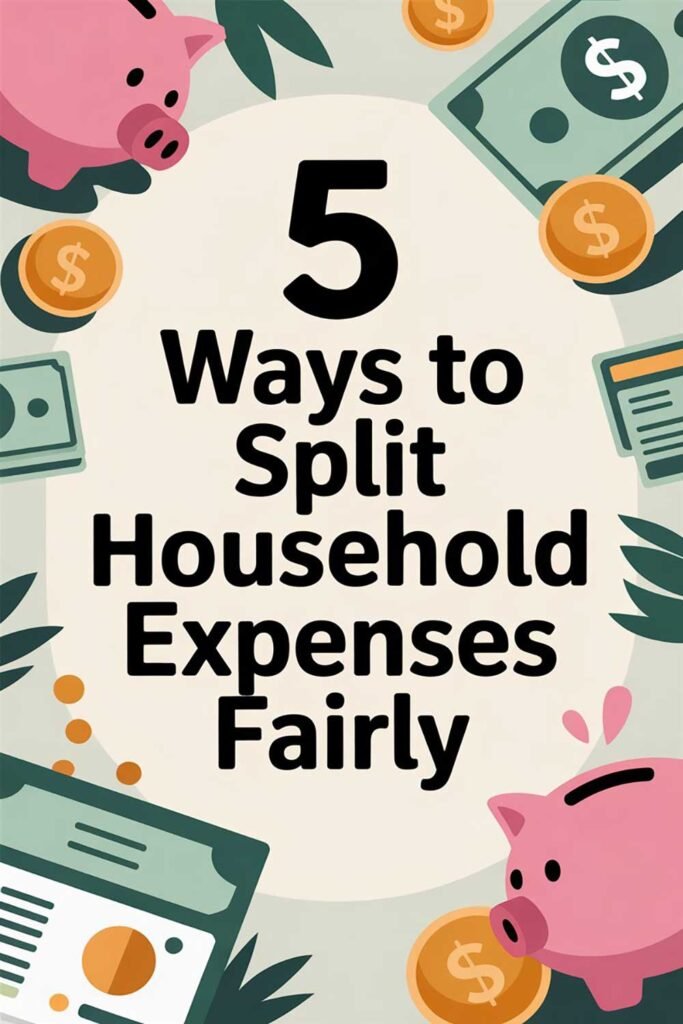10 Tax Planning Strategies to Keep More of Your Money
Tax season doesn’t have to be stressful or expensive. With smart planning, you can significantly reduce your tax burden, boost your savings, and keep more of your hard-earned money. Whether you’re a salaried employee, a freelancer, or a small business owner, these 10 tax planning strategies will help you stay organized and make the most of every deduction and credit available.

1. Maximize Retirement Contributions
Contributing to tax-advantaged retirement accounts like a 401(k) or Traditional IRA lowers your taxable income and grows your wealth for the future.
Real-Life Example: Derek contributed the maximum to his 401(k) and reduced his taxable income by $22,500 in one year, saving over $4,000 in taxes.
Quick Tip: If you’re self-employed, open a SEP IRA or Solo 401(k).
2. Take Advantage of Tax-Loss Harvesting
If you have investments that have lost value, you can sell them to offset gains and reduce your taxable income.
Real-Life Example: Maria sold underperforming stocks to offset capital gains from a property sale, reducing her tax bill by $1,800.
Quick Tip: Be mindful of the IRS wash-sale rule, which disallows losses if you buy the same security within 30 days.
3. Use a Health Savings Account (HSA)
HSAs are triple tax-advantaged: contributions are tax-deductible, growth is tax-free, and withdrawals for medical expenses are tax-free.
Real-Life Example: Kevin maxed out his HSA for three years. By age 40, he had over $10,000 saved for future healthcare costs—all tax-free.
Quick Tip: Only available if you have a high-deductible health plan.
4. Bundle Itemized Deductions
If you’re close to the standard deduction threshold, consider “bunching” deductions into one year to exceed it.
Real-Life Example: Jessie made two years of charitable donations in one tax year to itemize and saved an additional $1,200 in taxes.
Quick Tip: This works well with mortgage interest, medical expenses, and donations.
5. Start or Optimize a Side Hustle
Self-employed income allows access to a wider range of tax deductions, including home office, equipment, travel, and internet.
Real-Life Example: Amy started an Etsy shop. She deducted $2,400 in business expenses and wrote off part of her home office.
Quick Tip: Keep detailed records and separate business and personal accounts.
6. Contribute to a Roth IRA (When Eligible)
While Roth IRA contributions aren’t tax-deductible, your money grows tax-free and can be withdrawn tax-free in retirement.
Real-Life Example: Luke contributed $6,500 to a Roth IRA while in a low tax bracket, locking in future tax-free growth.
Quick Tip: High earners can use a backdoor Roth IRA strategy.
7. Claim All Available Tax Credits
Credits reduce your tax bill dollar-for-dollar. Don’t miss out on the Earned Income Tax Credit, Child Tax Credit, or education credits.
Real-Life Example: Julie claimed the American Opportunity Credit for her daughter’s college tuition and saved $2,500.
Quick Tip: Use tax software or a CPA to ensure you claim all available credits.
8. Defer Income and Accelerate Expenses
Shifting income to the next year while accelerating deductions can reduce your current year’s taxable income.
Real-Life Example: As a freelancer, Thomas invoiced a client in January instead of December and prepaid business expenses, saving $3,000 in taxes.
Quick Tip: This works best if you expect to be in the same or lower tax bracket next year.
9. Make Tax-Efficient Charitable Donations
Donating appreciated assets (like stock) instead of cash lets you avoid capital gains taxes and still deduct the full value.
Real-Life Example: Rachel donated $5,000 worth of appreciated stocks to a charity. She avoided $1,200 in capital gains tax and received a deduction.
Quick Tip: Use a donor-advised fund for flexible giving and tax planning.
10. Hire a Professional Tax Advisor
A knowledgeable CPA or enrolled agent can find deductions you miss, optimize your tax strategy, and ensure compliance.
Real-Life Example: Tina paid $400 for a tax professional who helped her discover over $3,000 in missed deductions.
Quick Tip: The cost of tax prep is tax-deductible if you’re self-employed.
20 Inspirational Quotes About Taxes and Smart Money Planning
- “In this world nothing can be said to be certain, except death and taxes.” — Benjamin Franklin
- “A fine is a tax for doing something wrong. A tax is a fine for doing something right.” — Unknown
- “The power to tax involves the power to destroy.” — John Marshall
- “The best investment you can make is in your own financial education.” — Warren Buffett
- “The avoidance of taxes is the only intellectual pursuit that still carries any reward.” — John Maynard Keynes
- “Taxation with representation ain’t so hot either.” — Gerald Barzan
- “Income tax has made more liars out of the American people than golf has.” — Will Rogers
- “A tax loophole is something that benefits the other guy. If it benefits you, it is tax reform.” — Russell B. Long
- “The hardest thing in the world to understand is the income tax.” — Albert Einstein
- “Planning is bringing the future into the present so you can do something about it now.” — Alan Lakein
- “Beware of little expenses. A small leak will sink a great ship.” — Benjamin Franklin
- “Financial freedom is available to those who learn about it and work for it.” — Robert Kiyosaki
- “The best way to reduce taxes is to be proactive, not reactive.” — Unknown
- “Good tax planning is like good gardening—it takes preparation, patience, and pruning.” — Unknown
- “Don’t let the tax tail wag the investment dog.” — Burton Malkiel
- “It’s not how much money you make, it’s how much you keep.” — T. Harv Eker
- “Successful people plan their taxes like they plan their vacations.” — Unknown
- “You can’t control the tax code, but you can control how you react to it.” — Unknown
- “Tax planning isn’t just for the wealthy. It’s for the wise.” — Unknown
- “You work hard for your money. Let smart tax strategies help you keep it.” — Unknown
Picture This
Imagine it’s tax season and you’re not panicking—you’re prepared. Your deductions are organized, your retirement accounts are maxed, and your CPA is impressed. You receive a refund or owe far less than expected. Your money is working smarter, not harder, and you feel empowered, not overwhelmed.
What would it feel like to have a tax plan that protects your income instead of draining it?
Share This Article
Know someone who dreads tax season? Share this article with them or post it on social media. Tax-smart planning is better when shared.
Disclaimer
This article is for informational purposes only and based on general financial and tax planning principles. Always consult a licensed tax professional or CPA before making any financial or tax decisions.






